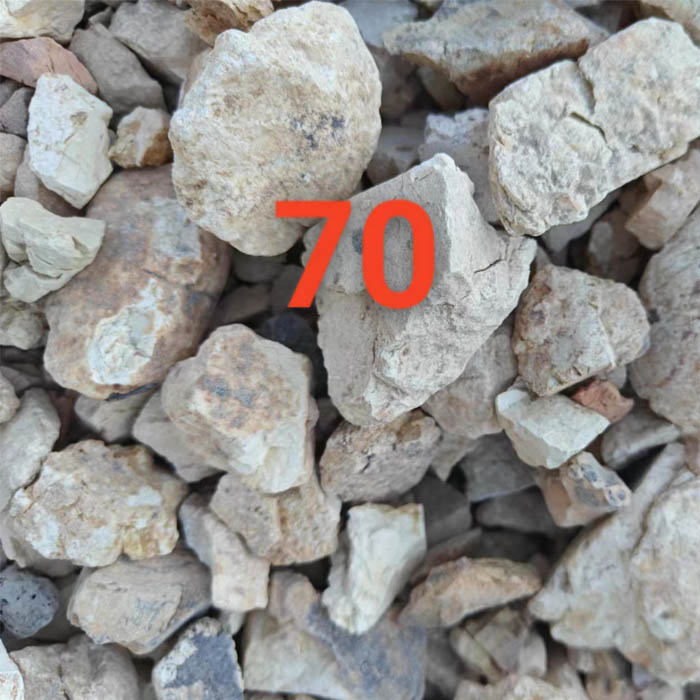Aug . 15, 2024 05:24 Back to list
Selecting the Best Insulation Materials for HVAC Pipe Systems in Industrial Manufacturing Facilities
The Importance of HVAC Pipe Insulation Material in Manufacturing
In the world of heating, ventilation, and air conditioning (HVAC) systems, the efficiency and functionality of these systems can greatly depend on the insulation materials used for piping. HVAC pipe insulation plays a crucial role, not only in maintaining the temperature of the fluids within the pipes but also in increasing energy efficiency, reducing environmental impact, and ensuring the longevity of the system. In this article, we will explore the significance of HVAC pipe insulation materials, the various types available, and what to consider when selecting a manufacturer.
Why Insulation Matters
Insulating HVAC pipes helps to minimize heat loss in hot water pipes and heat gain in chilled water pipes. This is vital, as uninsulated pipes can lose a significant amount of energy, leading to higher operating costs and reduced efficiency of the HVAC system. Moreover, effective insulation can prevent condensation on cold pipes, which can lead to moisture-related issues, such as mold growth and damage to surrounding structures.
Additionally, proper insulation can also help reduce noise generated by the pipes. In commercial buildings, the sound of flowing water or steam can be distracting. Insulation materials can act as sound barriers, ensuring a quieter and more comfortable environment.
Types of HVAC Pipe Insulation Materials
1. Fiberglass Insulation One of the most commonly used insulation materials for HVAC applications, fiberglass is known for its excellent thermal performance and resistance to moisture. It is lightweight and can be easily installed around pipes of various sizes. Fiberglass insulation is also non-combustible, making it a safe option for many applications.
2. Foam Insulation Available in various types, including rigid and flexible forms, foam insulation is another popular choice. Flexible foam insulation, such as polyethylene and neoprene, is widely used for cold-water lines, providing excellent thermal protection. Rigid foam boards, on the other hand, are often used for outdoor applications where additional durability is required.
hvac pipe insulation material factory

3. Mineral Wool Also known as rock wool or stone wool, mineral wool insulation is derived from natural rock and is very effective at both thermal and acoustic insulation. It is fire-resistant and can handle higher temperatures, making it suitable for specific HVAC applications.
4. Reflective Insulation This type of insulation uses reflective materials to reduce radiant heat transfer. It is particularly effective in warm climates where cooling is a significant concern. Reflective insulation can be added to existing insulation systems to enhance their effectiveness.
Choosing the Right Manufacturer
When selecting a manufacturer for HVAC pipe insulation materials, it's important to consider several factors. Look for manufacturers with a proven track record and strong industry reputation. Evaluate their products' compliance with relevant codes and standards, as safety and quality are paramount.
Additionally, consider the range of products they offer. A reputable manufacturer will provide various insulation options tailored to meet different HVAC needs. Lastly, assess their customer service and technical support, as these can be invaluable when addressing specific project requirements or challenges.
Conclusion
HVAC pipe insulation is an essential aspect of any efficient heating or cooling system. Selecting the right insulation material not only enhances the performance and efficiency of HVAC systems but also contributes to cost savings and sustainability efforts. As industries progress towards greener solutions, the importance of high-quality insulation materials will only continue to grow, making it vital to choose reliable manufacturers to supply these critical components. By prioritizing insulation in HVAC systems, manufacturers and consumers alike can contribute to a more energy-efficient and environmentally friendly future.
-
High-Quality Fe-C Alloy Leading Manufacturers & Spherical Alloy Materials Supplier
NewsJun.10,2025
-
Premium Low Nitrogen Recarburiser Supplier & Manufacturer – High Quality Exporters
NewsJun.10,2025
-
DT4 High-Quality Magnetic Materials Leading DT4 Manufacturer & Supplier
NewsJun.10,2025
-
High-Performance Spring Steel Suppliers Custom Solutions
NewsJun.10,2025
-
Premium SWRCH6A Manufacturer Steel Wire Supplier & Factory
NewsJun.10,2025
-
Premium Mild Steel Wire Rod Supplier & Manufacturer
NewsJun.10,2025
